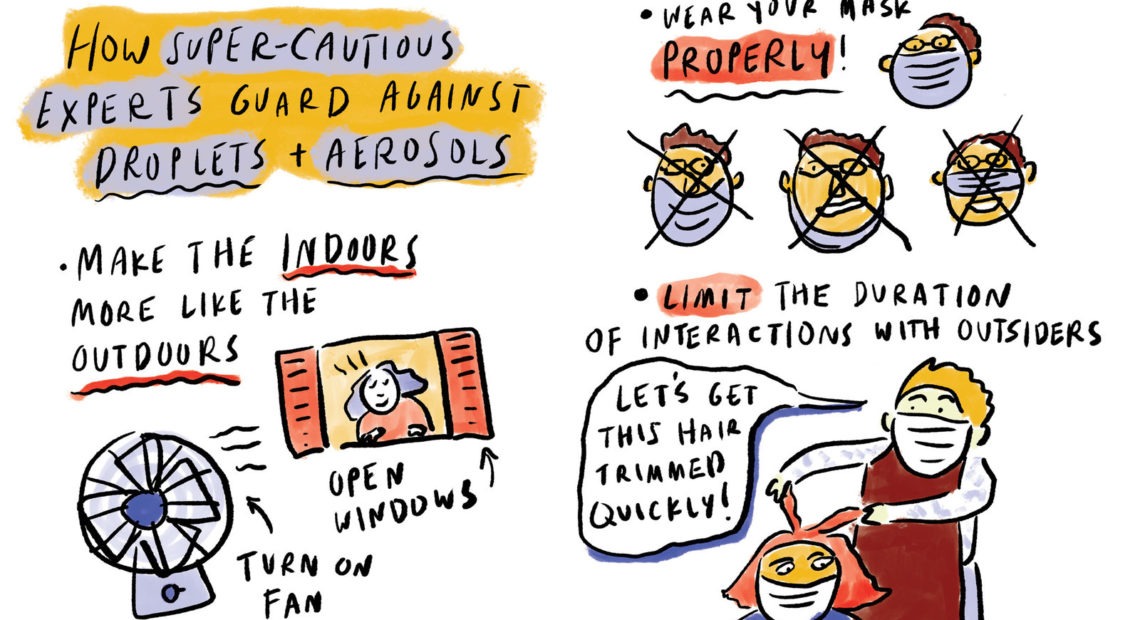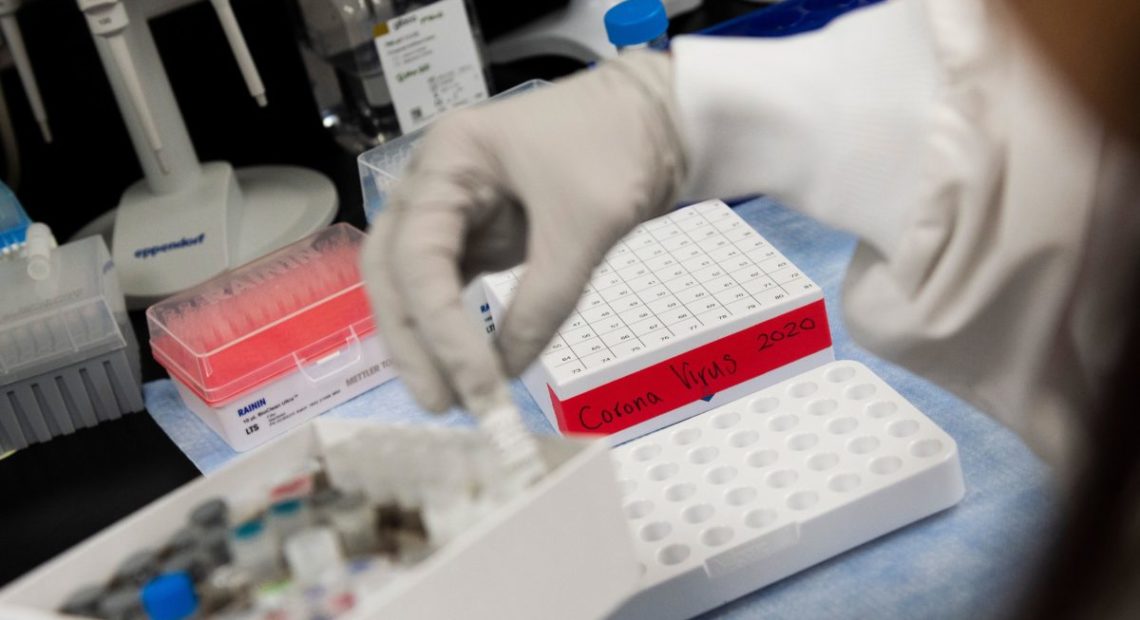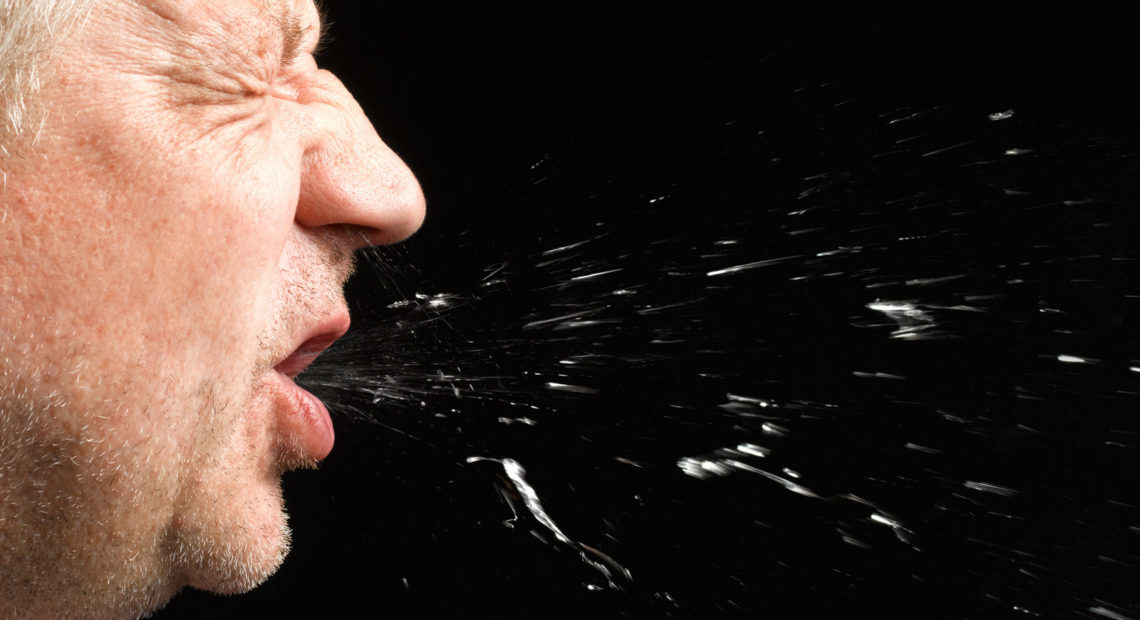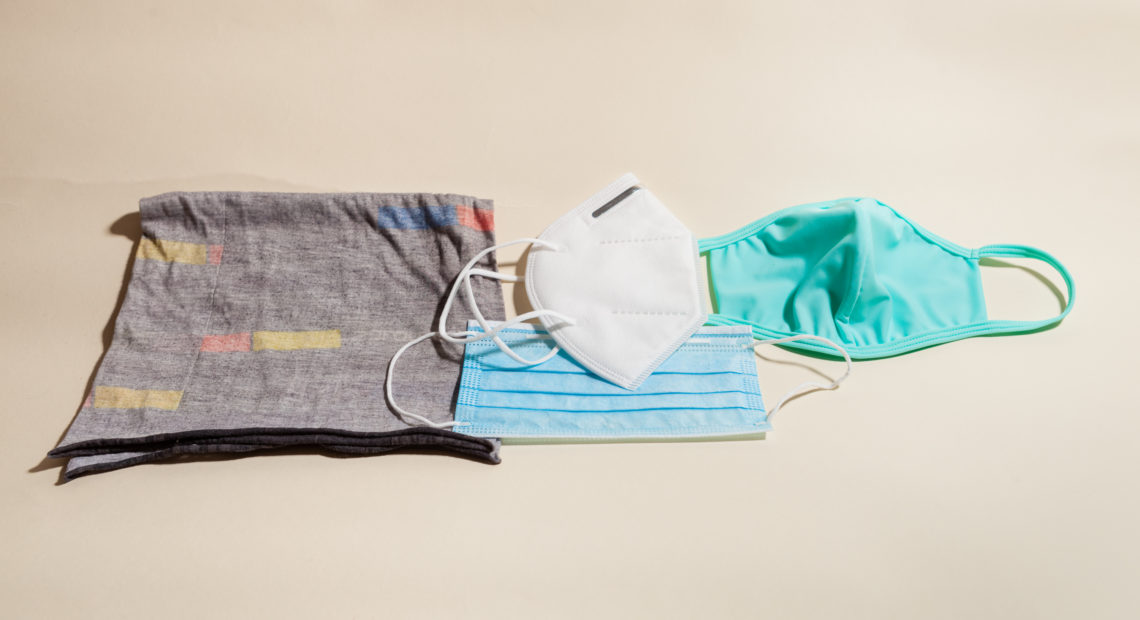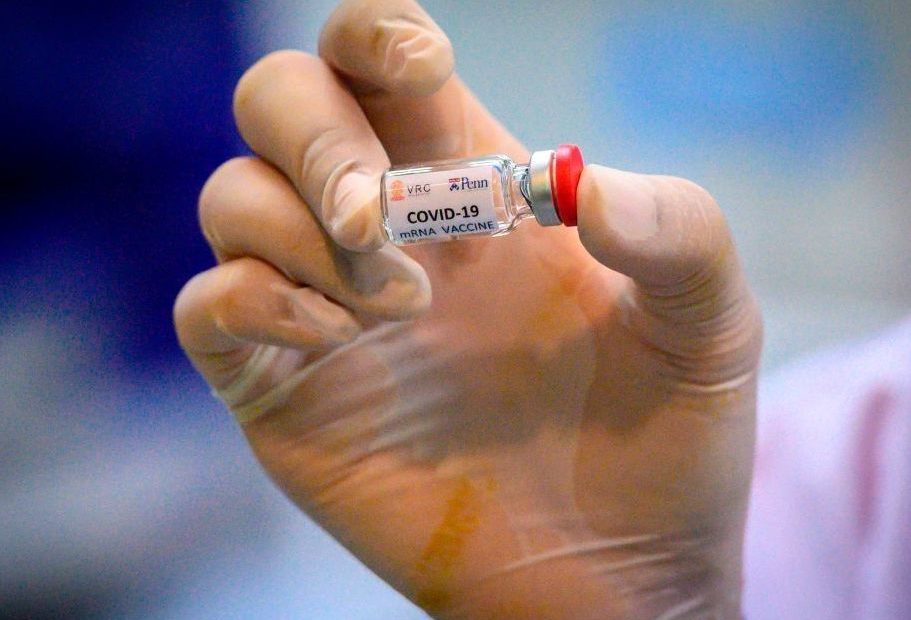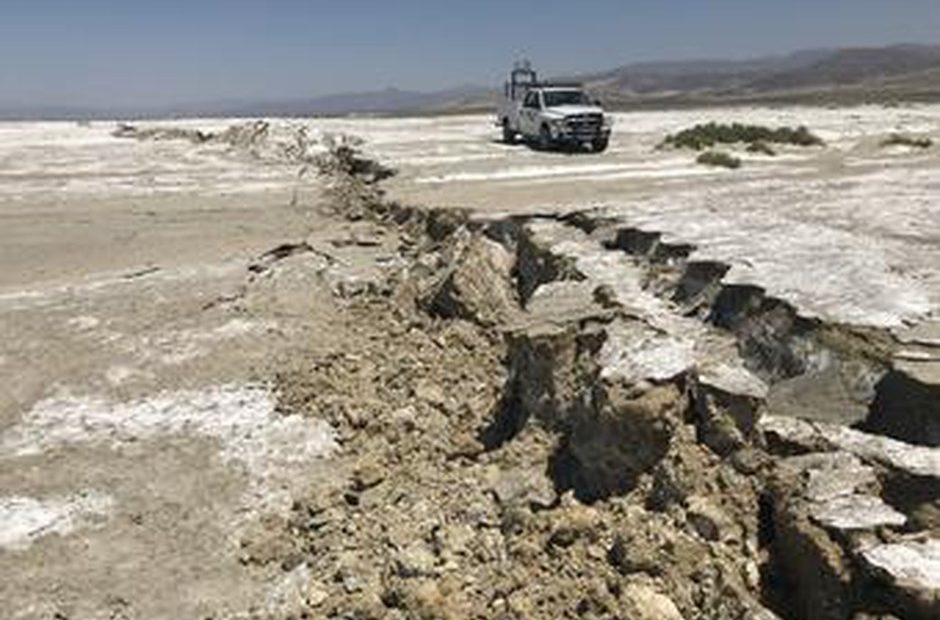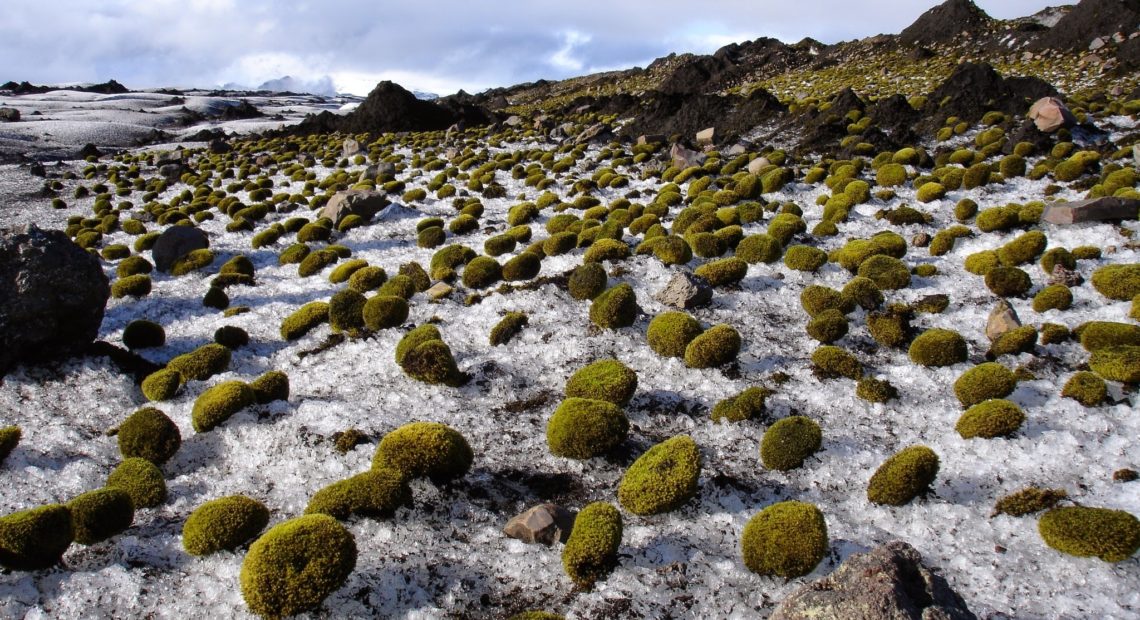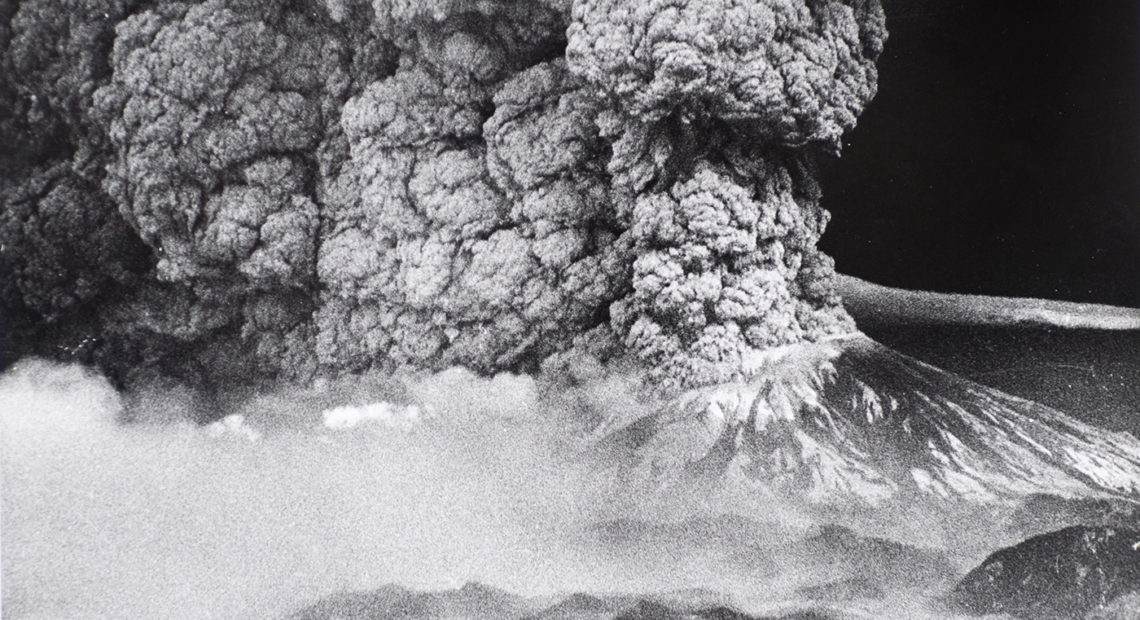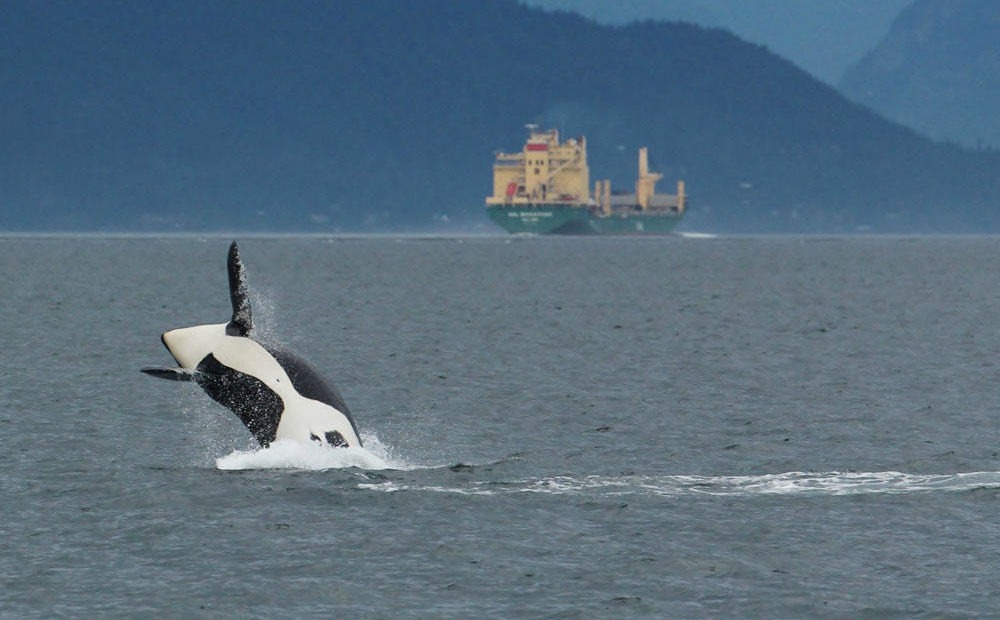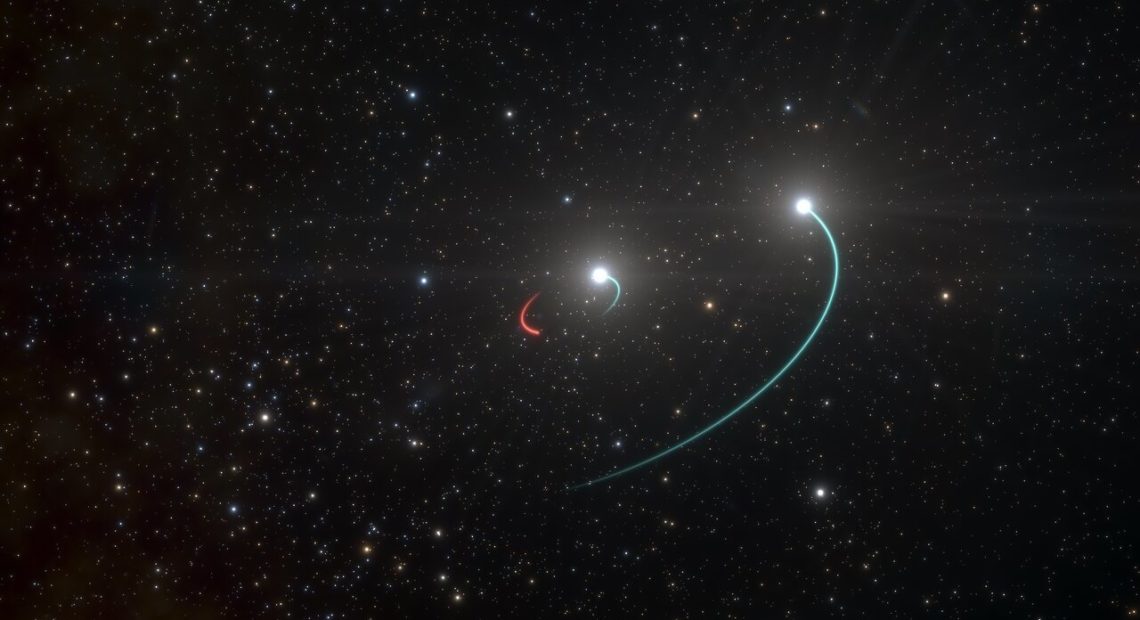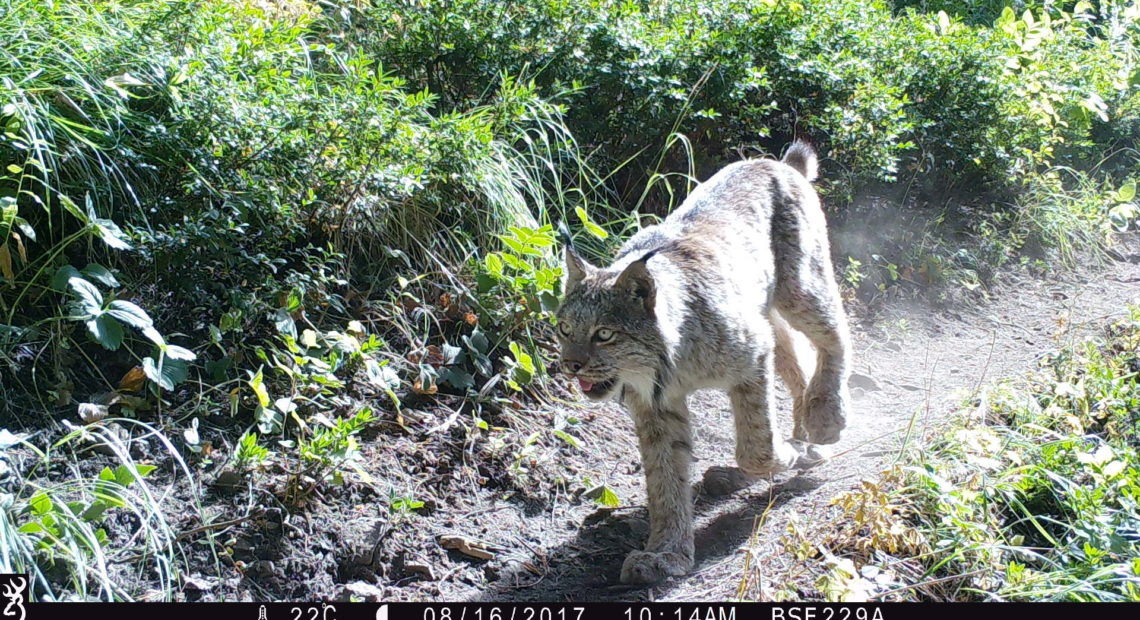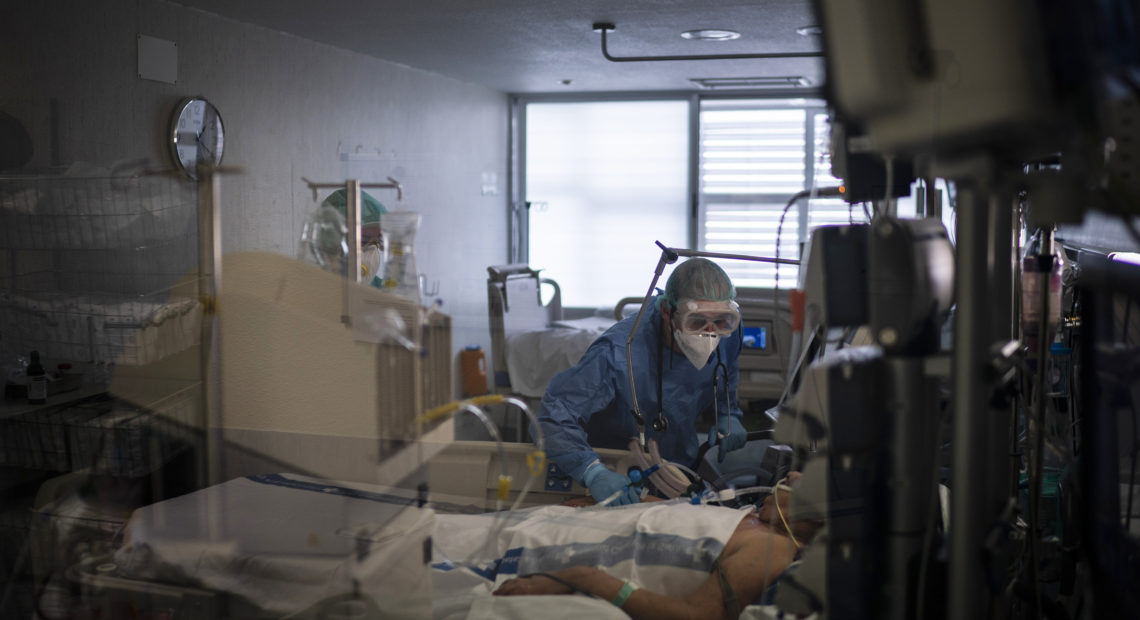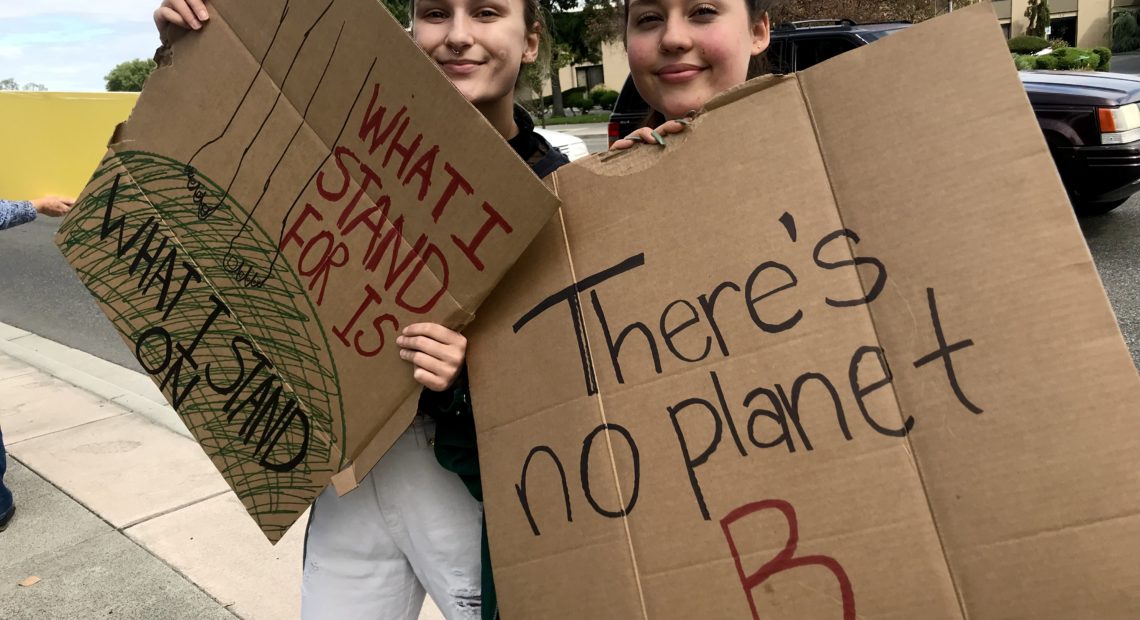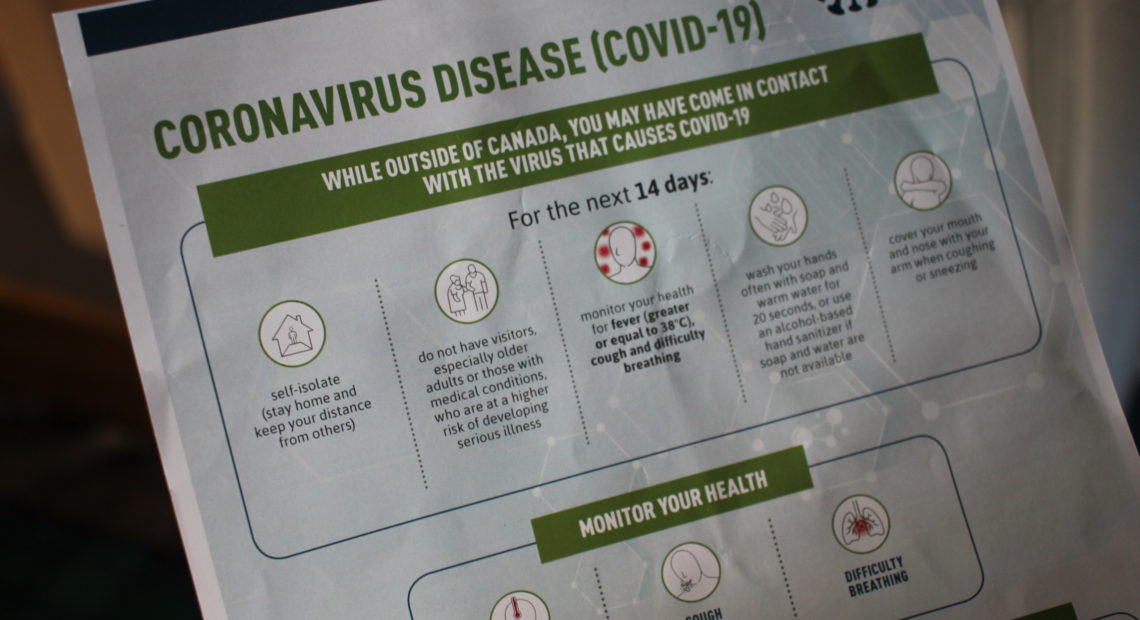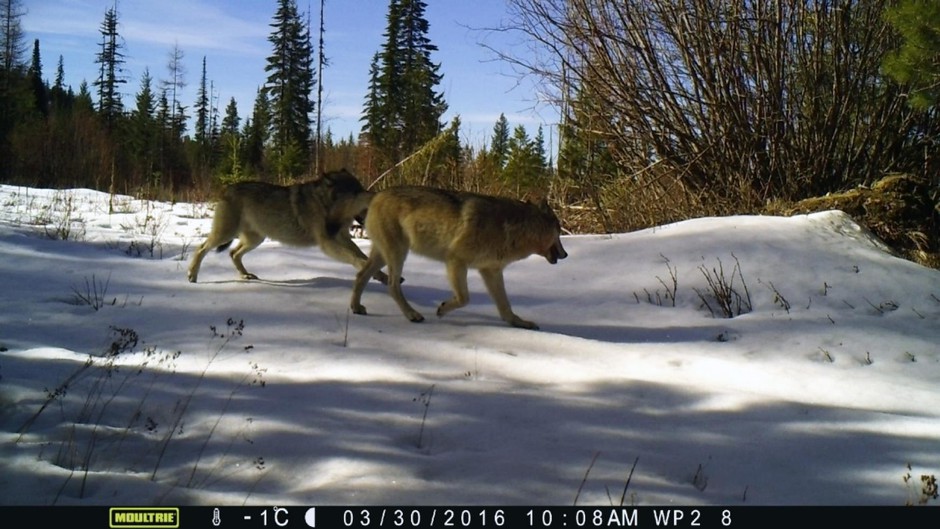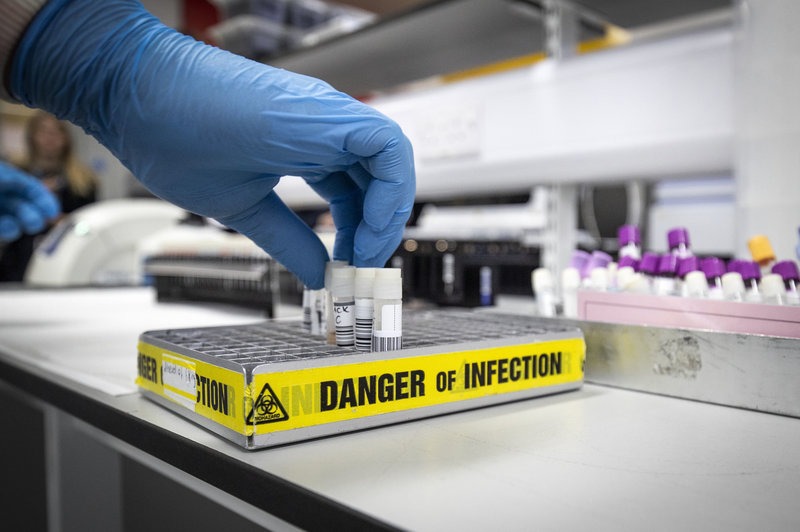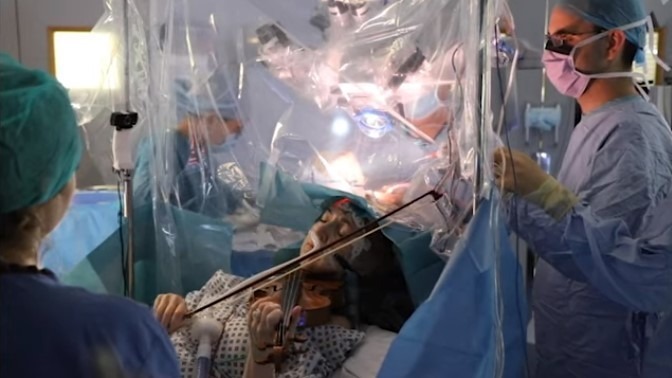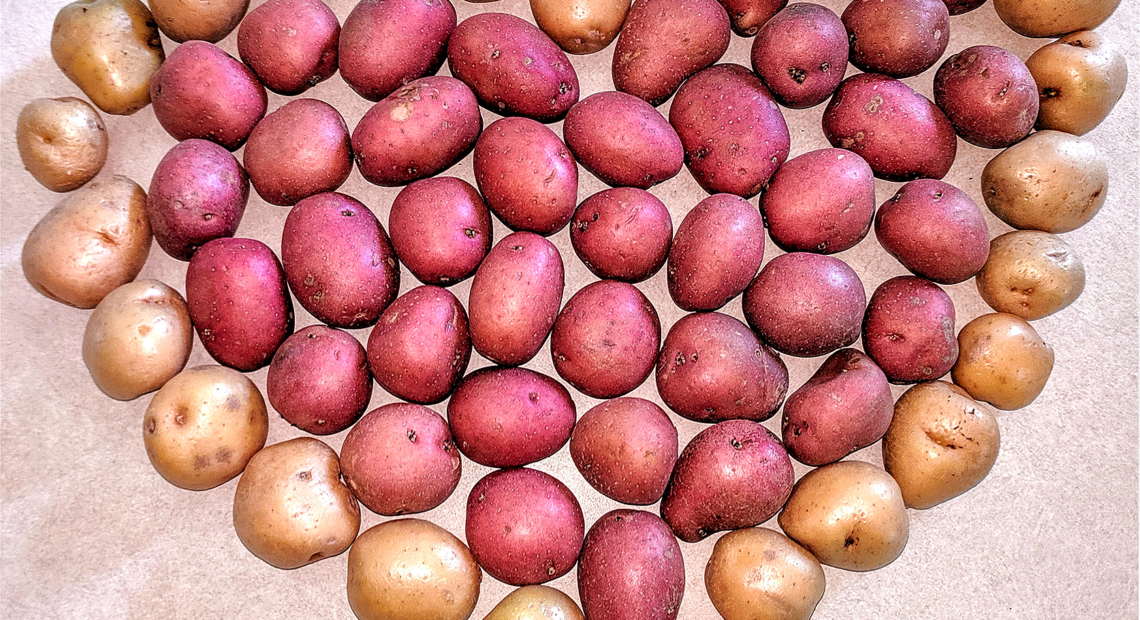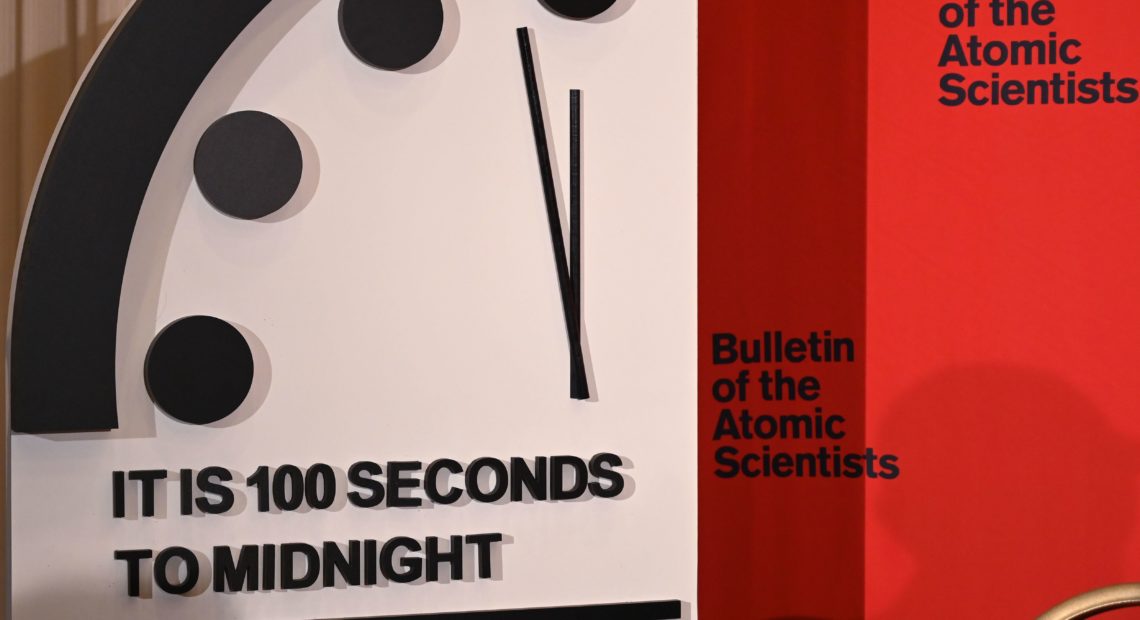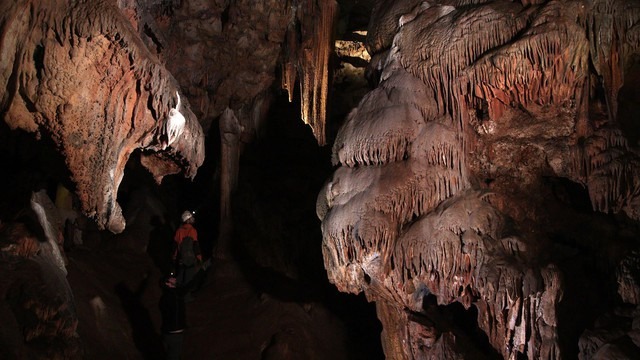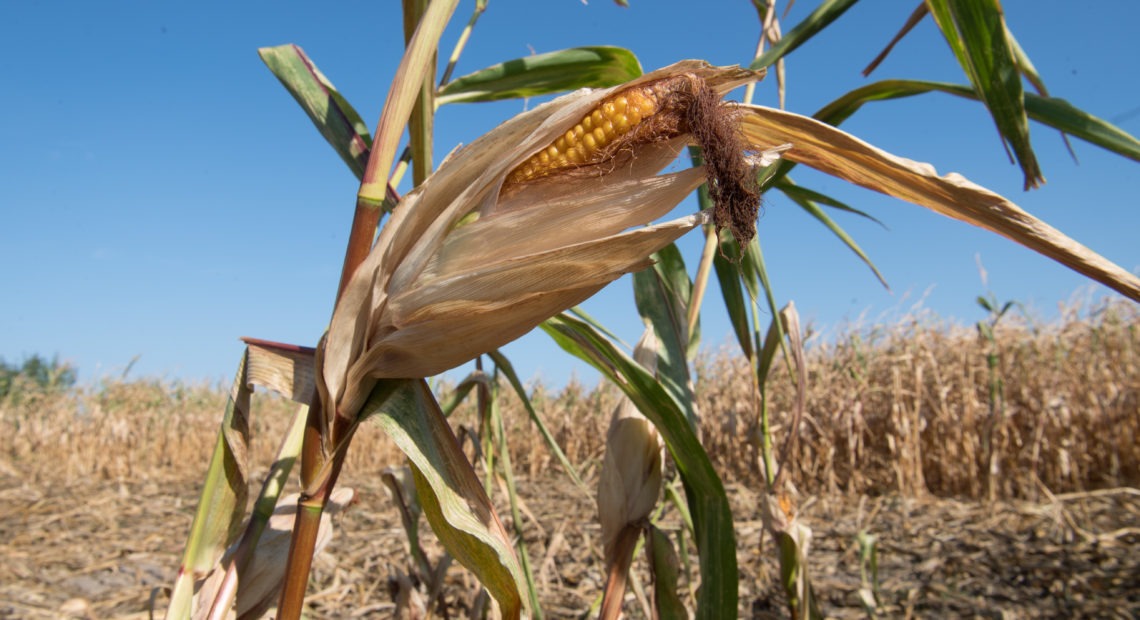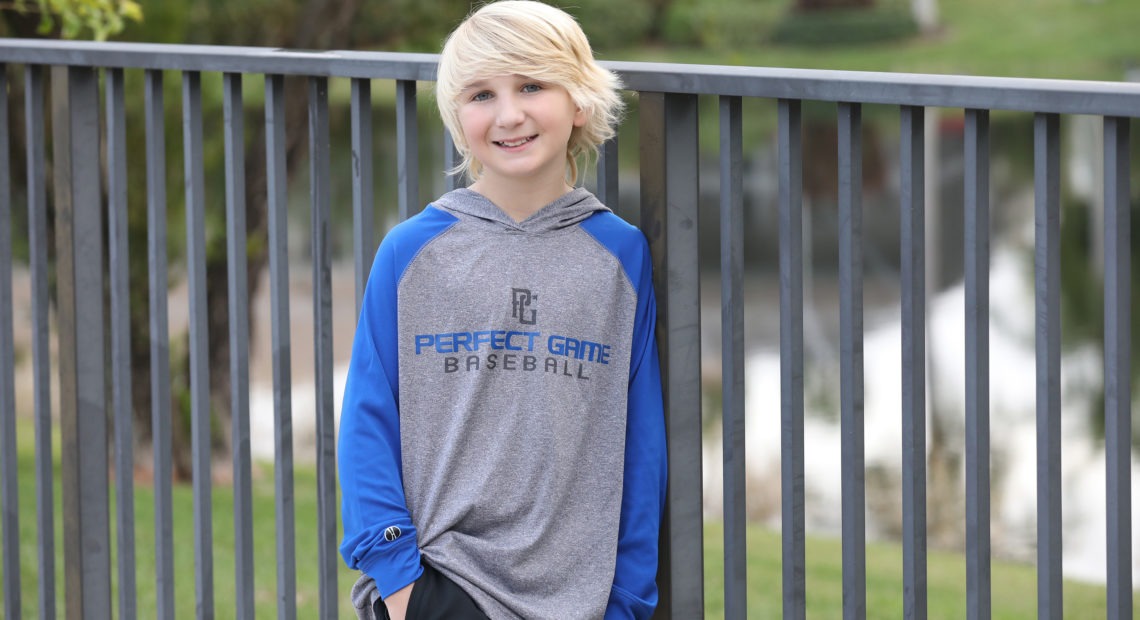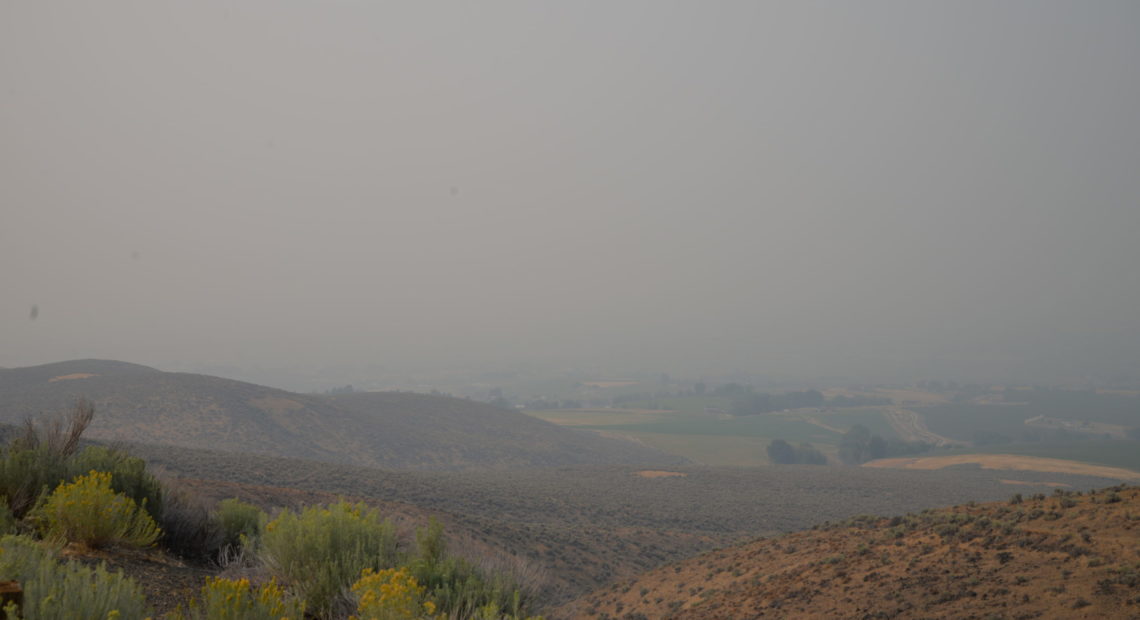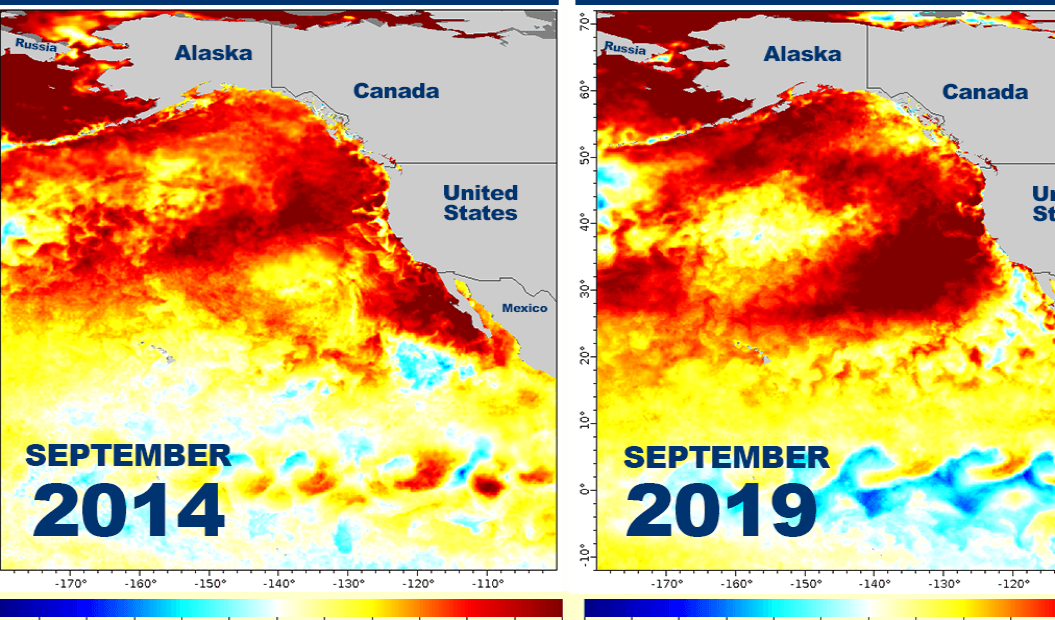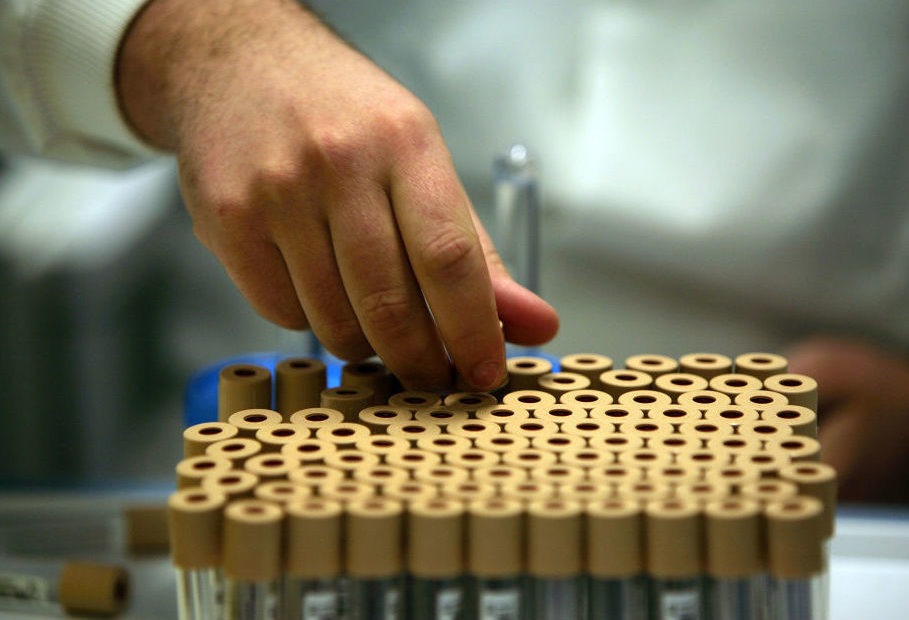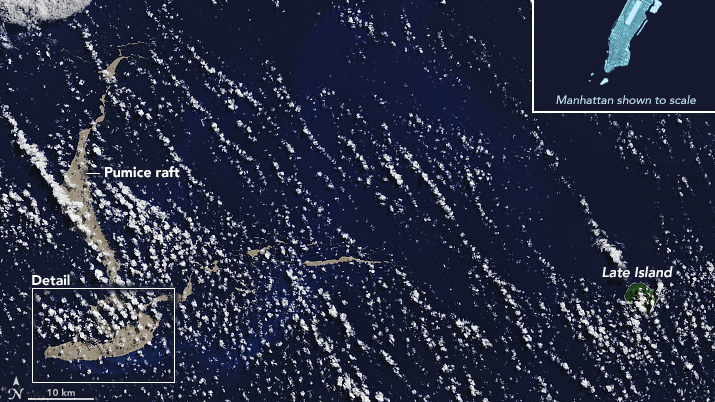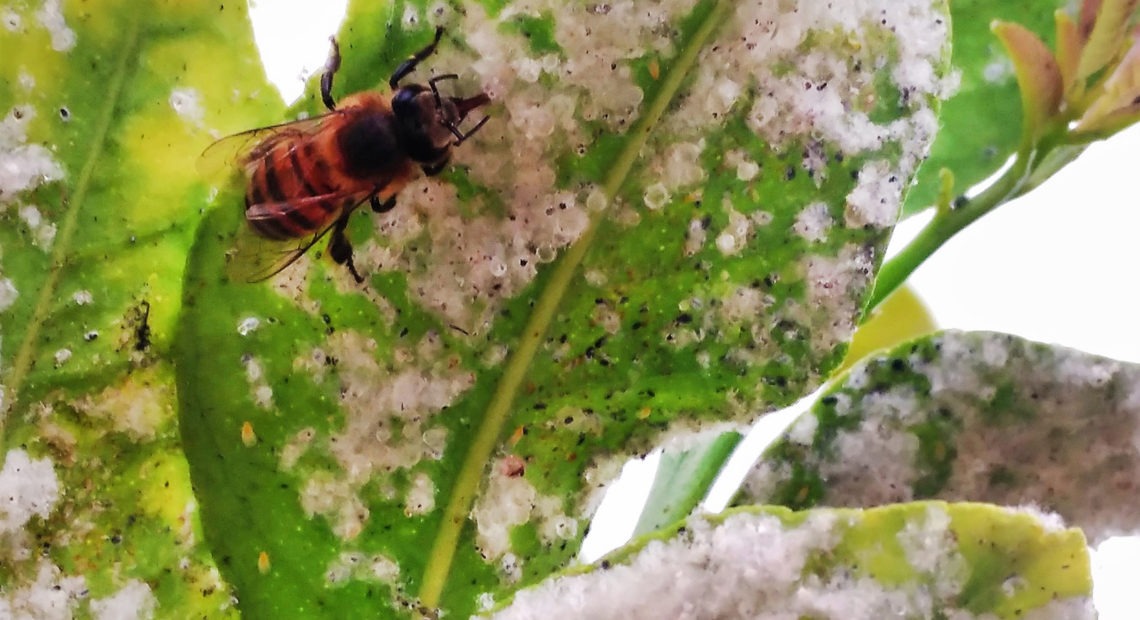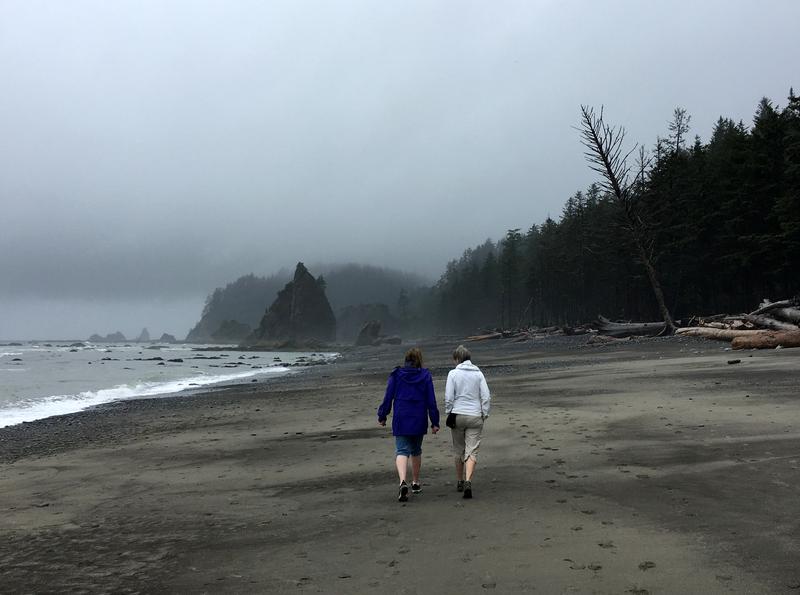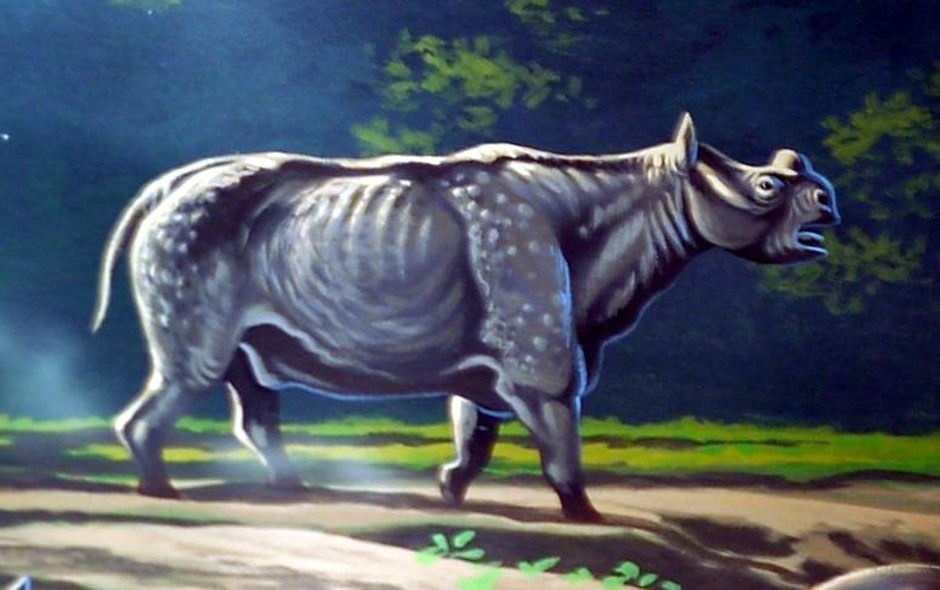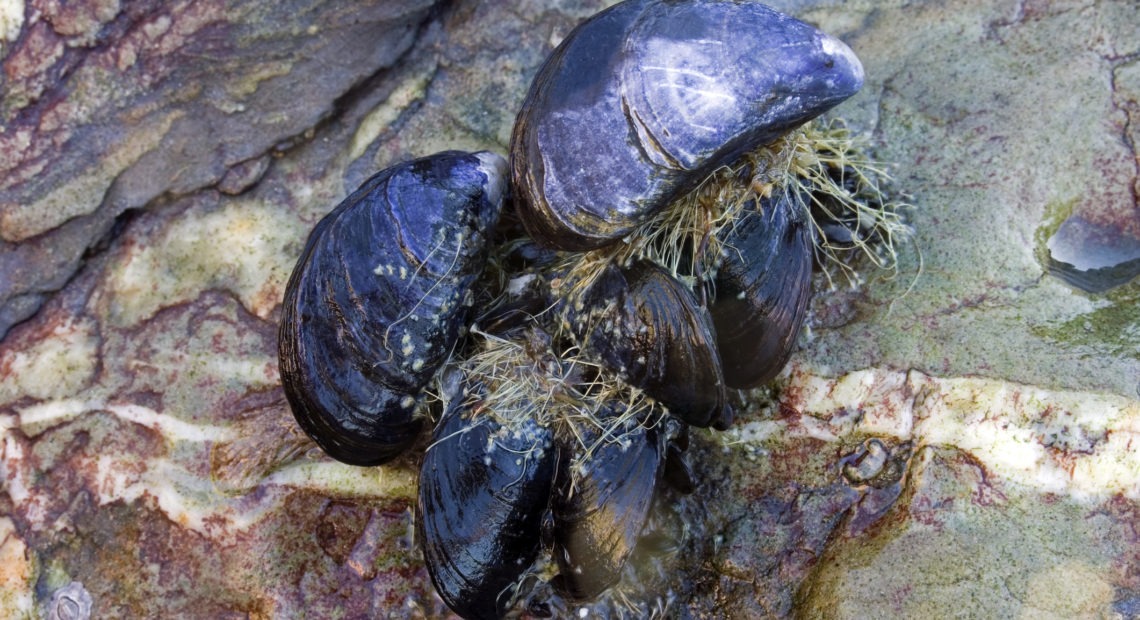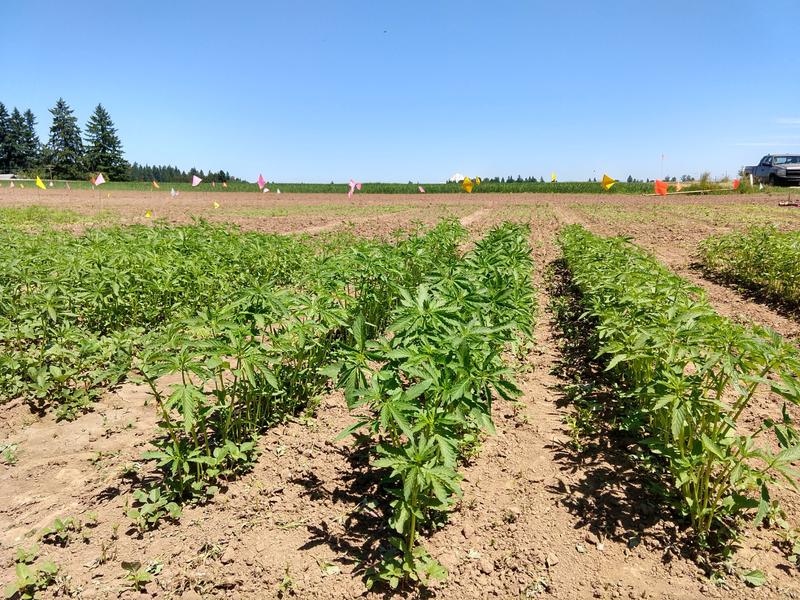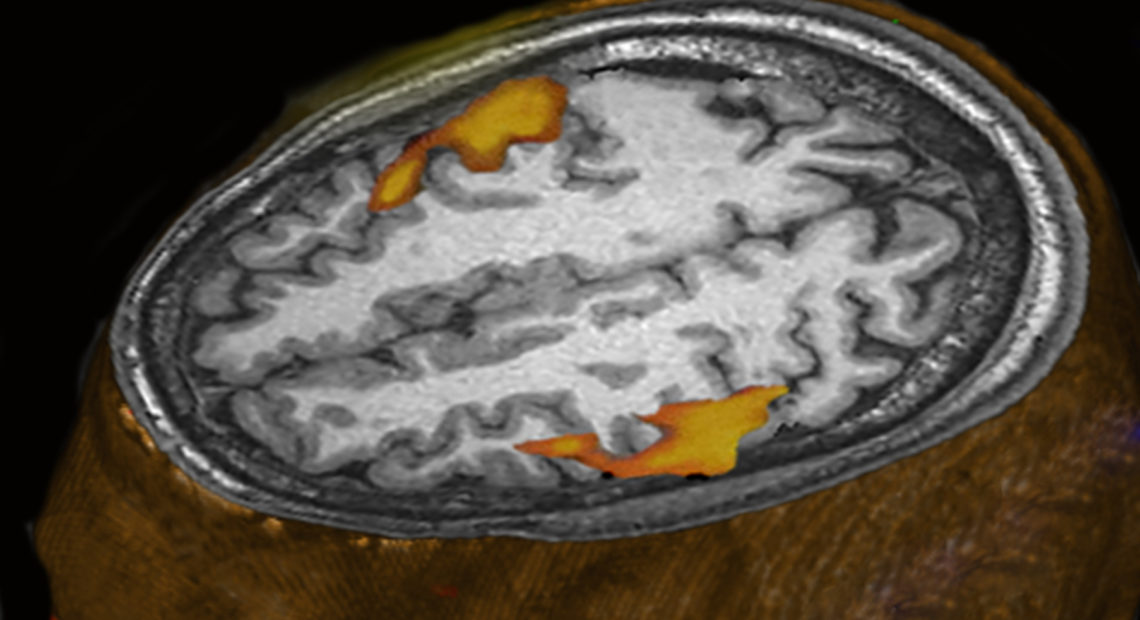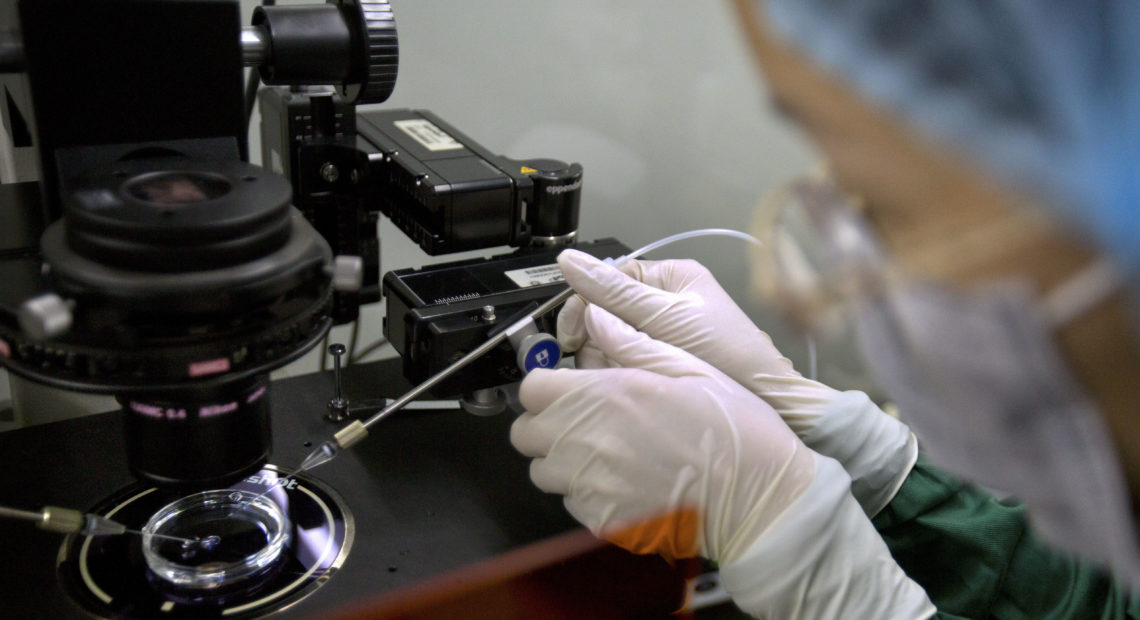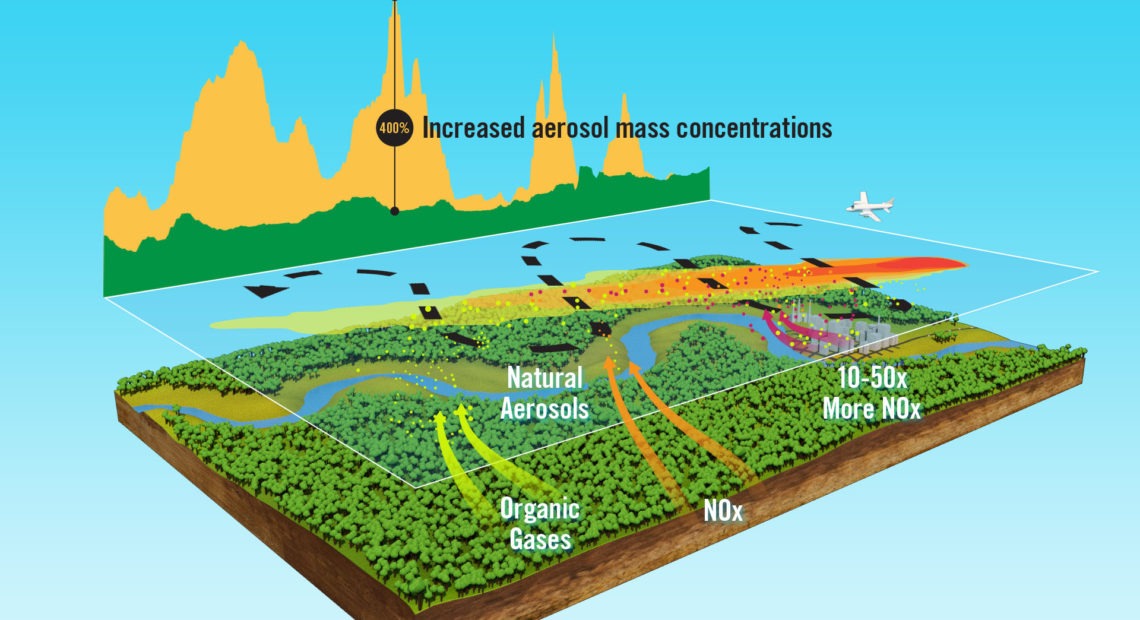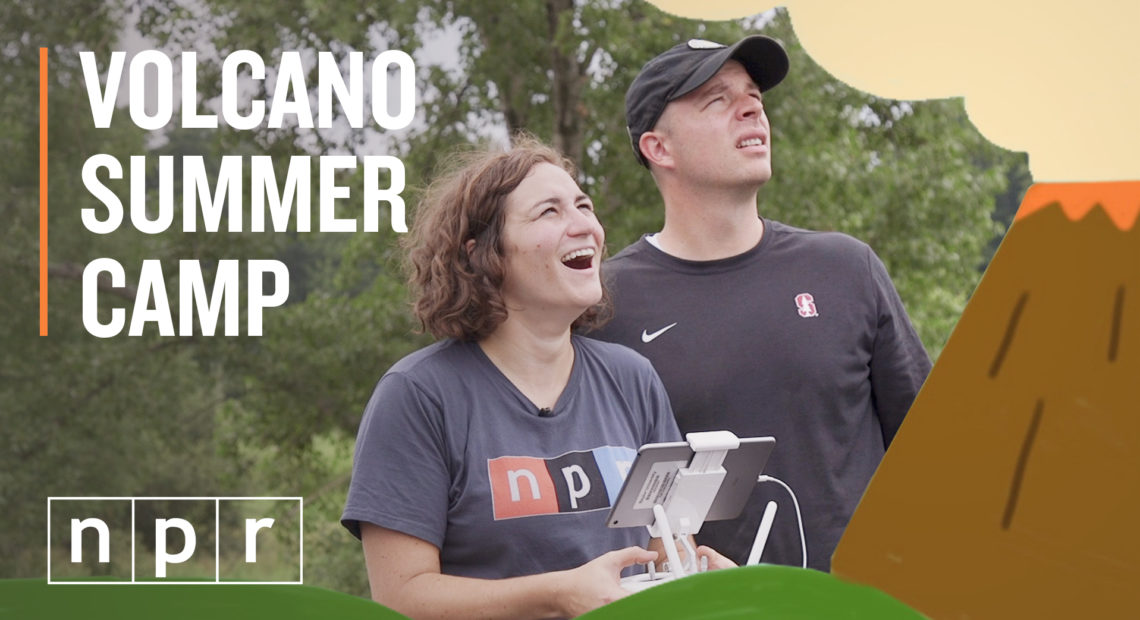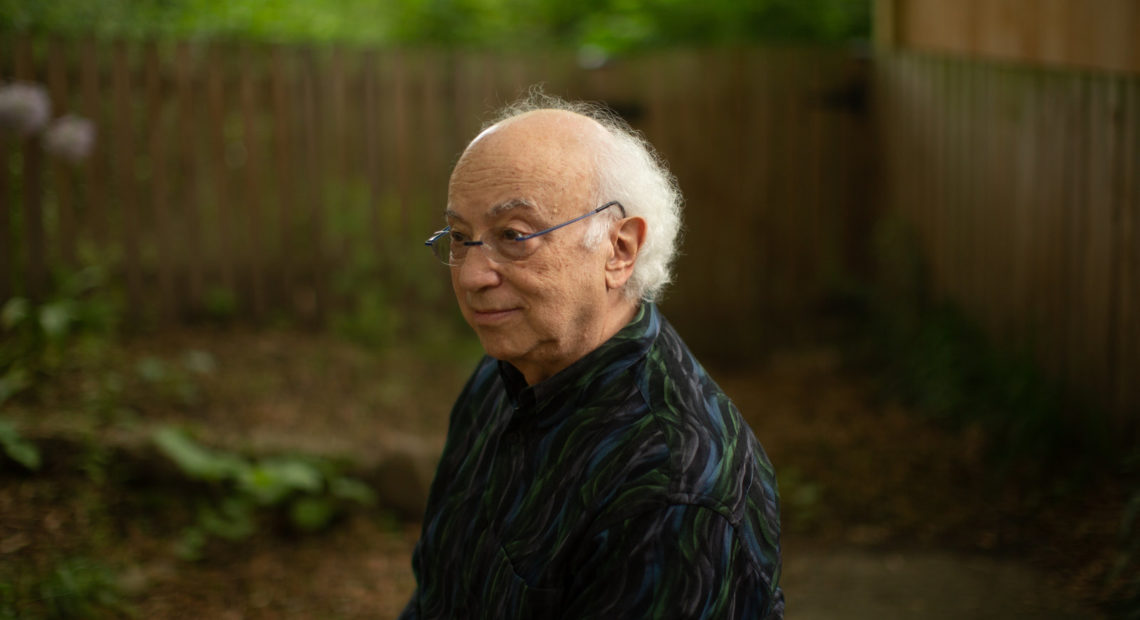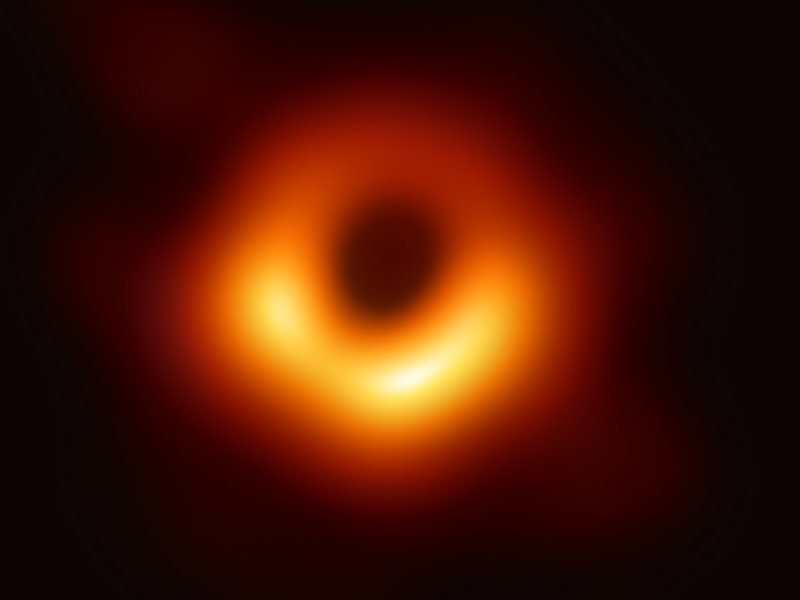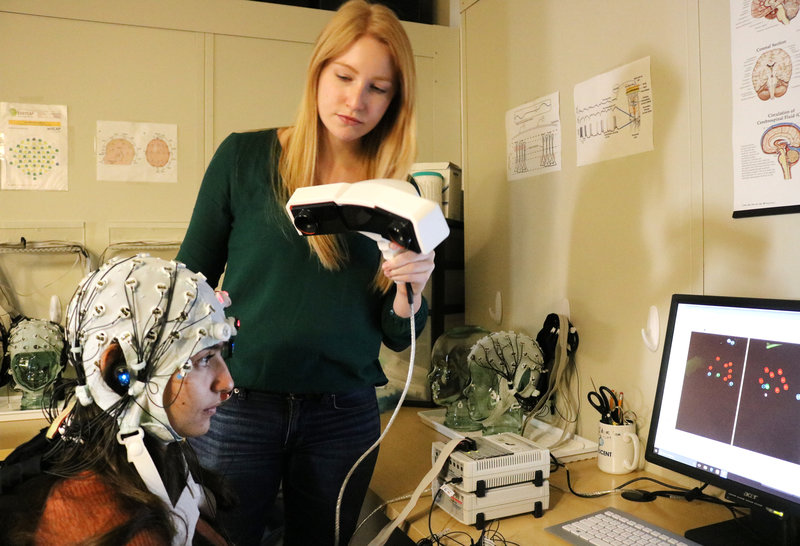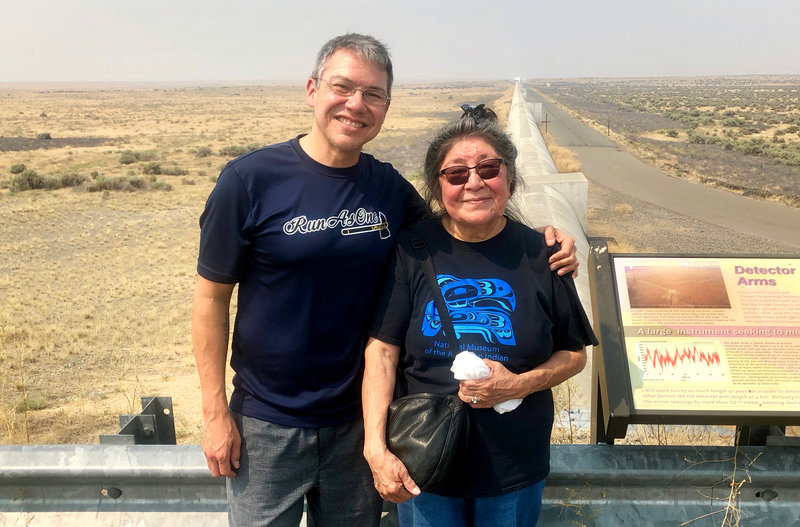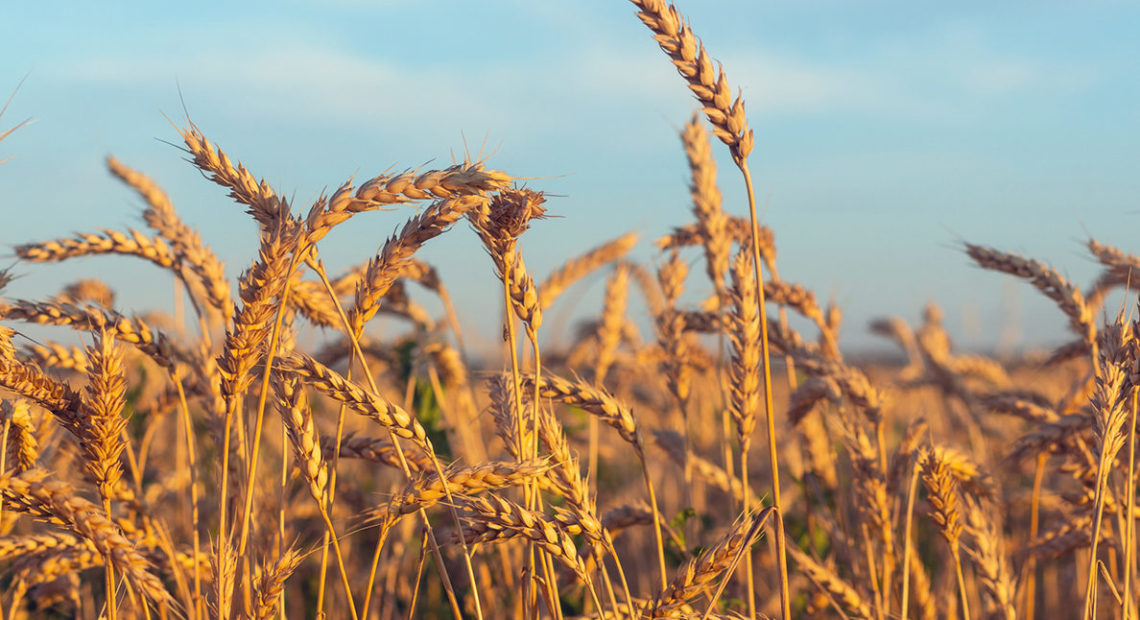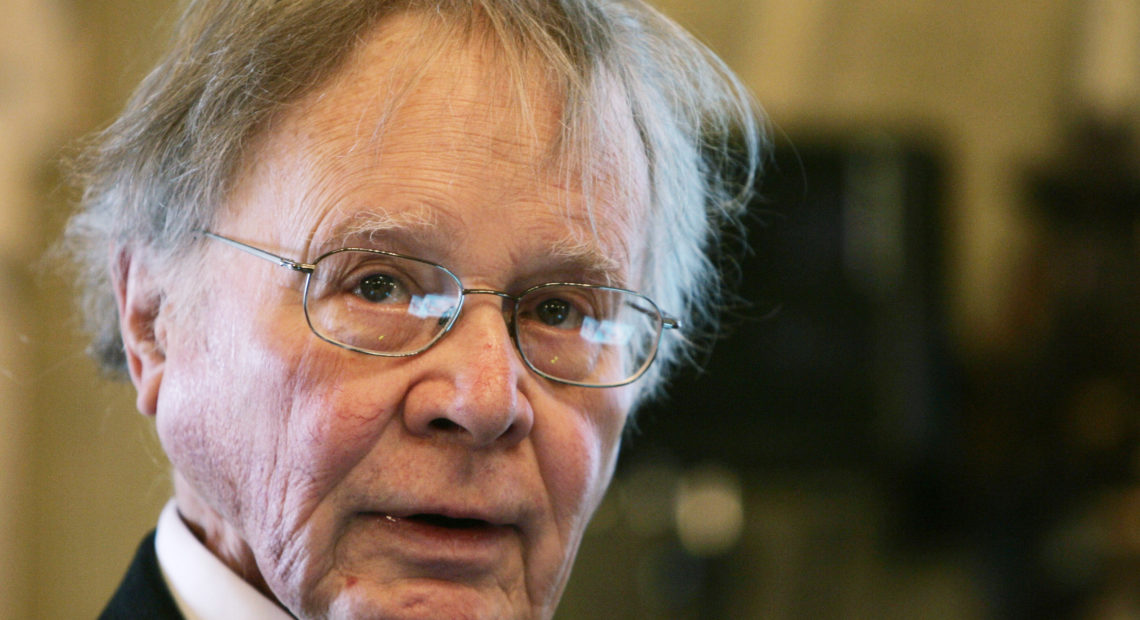The carefully followed death toll from COVID-19 may not fully capture the loss of life during the pandemic. Analysis of state and federal statistics for deaths from all causes shows hundreds of additional deaths above normal levels this spring in the Pacific Northwest. Some or many of those may actually be missed COVID deaths.Read More
For background, aerosols are tiny microdroplets containing the virus that can be expelled when we talk or breathe and can stay aloft and travel on air currents. It's still unclear how much of a role they play in spreading the virus, but recently more than 200 scientists wrote an open letter asking the World Health Organization to pay more attention to them.Read More
There are lots of different ways to formulate a vaccine, and all of them are now being considered for coronavirus. Some vaccines use common methods to confer immunity, while others are entirely experimental — they’ve never before been approved for use.Read More
An open letter signed by 239 researchers addressed to the World Health Organization, published Monday in Clinical Infectious Diseases, calls for attention and guidance around a third route of transmission: tiny respiratory particles that float in the air and are called aerosols. They could be responsible for infecting someone who comes along and breathes them in.Read More
They're made of cotton. Or polyester. Or paper. Or polypropylene. Here's what researchers say about the effectiveness of the different types of face masks during this pandemic.Read More
Some of the technology behind coronavirus vaccine development dates back to the first vaccines; other techniques are much newer. Here are eight top strategies scientists are pursuing.Read More
The work by researchers at Portland State University and the University of Oregon, published in the Bulletin of the Seismological Society of America, offers a solution to a common problem that arises when using radiocarbon dating to determine the past activity of faults.Read More
Moss balls seem to roll around glaciers in a coordinated way, and researchers can't explain why the whole group moves at about the same speed and in the same direction.Read More
The photos of Mount St. Helens’ eruption taken on May 18, 1980, suggest a cataclysm that remains in the past, safely ensconced in history and available for warm recollection of when the world exploded and we survived. But that’s wrong.Read More
American and Canadian marine scientists -- and one talented dog -- are seizing an unexpected opportunity presented by the coronavirus pandemic. They are trying to establish whether Pacifc Northwest whales benefit from the current drop in boat traffic and underwater noise.Read More
The black hole is roughly 1,000 light-years from Earth — and more than 2,000 light-years closer than the next one known. What's more, scientists say, it may be just "the tip of an exciting iceberg."Read More
In a study recently published in the Journal of Wildlife Management, WSU scientists found that lynx only occupy about 20% of potential habitat in Washington.Read More
The Trump administration is investigating the theory that the virus leaked from a lab. Scientists who work with viruses say that's virtually impossible and point to transmission from an animal.Read More
An overblown immune response could be killing a portion of the sick, and some doctors think that new treatments being tested could help at least some of those patients.Read More
Will the current lull in activity make a difference in the air we breathe or the future of climate change?Read More
What's behind the "14 days of self-quarantine" guidance after exposure to someone with COVID-19 or after travel from a place with a high number of cases? Think of yourself as a potential incubator.Read More
Even though large predators sometimes leave food that smaller predators scavenge, turns out, it’s actually dangerous for smaller animals to eat the leftovers. Read More
As the coronavirus spreads more widely around the globe, scientists are starting to use a powerful new tool: a blood test that identifies people who have previously been exposed to the virus.Read More
Katherine Johnson, a mathematician who was one of NASA's human "computers" and an unsung hero of the space agency's early days, died Monday. She calculated the flight path for America's first crewed space mission and moon landing, and she was among the women profiled in the book and movie Hidden Figures. She was 101.Read More
Doctors wanted to ensure they didn't compromise parts of the brain necessary for playing the violin, so they asked their musician patient to play for them mid-operation. Read More
Dr. Ananda Prasad first turned up zinc's benefits to human growth back in the 1960s. Years later, his study and others found that the right dose of zinc can cut a cold's duration by days.Read More
Potatoes were once considered aphrodisiacs. Photo Credit: Hannah Whisenant When you think of aphrodisiacs, what images come to mind? An oyster on the half shell? A glass of wine? A […]Read More
The two-minute warning that had held over the past two years has now shrunk to 100 seconds before midnight on the Doomsday Clock set by the Bulletin of the Atomic Scientists.Read More
Making art is fun. But there's a lot more to it. It might serve an evolutionary purpose — and emerging research shows that it can help us process difficult emotions and tap into joy.Read More
An Oregon conservation group is exploring a cave to discover new spider species.Read More
Carbon capture technology is slowly being integrated into energy and industrial facilities across the globe. Typically set up to collect carbon from an exhaust stream, this technology sops up greenhouse gases before they spread into Earth’s airways.Read More
Companies are trying to figure out the risks to their profits from a warming planet. Some of them are turning to high-tech tools of climate science.Read More
Depression symptoms dropped significantly in a group of young adults who ate a Mediterranean-style diet for three weeks. It's the latest study to show that food can influence mental health. Read More
It starts out like a common viral respiratory illness but leads to terrifying symptoms, including paralysis. Could a common virus be behind the illness?Read More
Climate change is causing people in Washington to spend billions of dollars in healthcare costs. That’s according to a new study that looked at how hospital visits and early deaths during a recent wildfire season.Read More
Scientists have detected a marine heat wave off the West Coast that they say is reminiscent of the massive stretch of warm water nicknamed “the Blob” in 2014-15.Read More
Researchers have long hoped to find out if genes contribute to sexual orientation. A new study of genetic data from thousands of people hints there may be some link, but it's still far from clear. Read More
An underwater volcano is thought to have produced a sheet of pumice that stretches 58 square miles.Read More
A new study is just the latest evidence that a family of pesticides called neonicotinoids, sometimes just called "neonics," can pose risks to the insect world that are not fully understood.Read More
Dozens of Northwest doctors are teaming up with a national nonprofit to write a different kind of prescription. Their "park prescriptions" direct patients with obesity, anxiety, depression or certain chronic conditions to spend more time outside.Read More
Hyena-pig. Murder-cow. With no modern analog, scientists have resorted to combinations of common animals to describe it. Dug up decades ago in the Hancock Mammal Quarry near John Day, Oregon, the bone from this prehistoric creature languished, misidentified in museum storage, until Selina Robson pulled it from its drawer.Read More
A review of "mussel-inspired chemistry" points to promising ways we can learn from mussels about how to clean up water.Read More
Oregon State University has established what it considers to be the nation's largest hemp research center. This comes amid a surge of farmer interest in the Northwest to grow the non-psychoactive cousin of marijuana.Read More
Compared with monkeys, humans have a brain that is extremely sensitive to a sound's pitch. And that may reflect our exposure to speech and music.Read More
A congressional committee has upheld a prohibition against the Food and Drug Administration considering using gene-edited embryos to establish pregnancies.Read More
As a U.S. Department of Energy plane flew over the Amazon rainforest, it sipped and sampled air in real time. Pacific Northwest National Laboratory scientist Manish Shrivastava sampled the air over the Amazon to come up with a scientifically accurate baseline of pre-industrial air. Read More
Volcanoes have been crucial to life on earth. Oozing lava helped form our planet's land masses. Gases from volcanoes helped create our atmosphere. But despite the growing field of volcanology, there's still a lot we don't understand about volcanic eruptions.Read More
Imagine spending 40 years and more than a billion dollars on a gamble. That's what one U.S. government science agency did. It's now paying off big time, with new discoveries about black holes and exotic neutron stars coming almost every week LIGO, with one observation facility near Hanford, Wash.Read More
The waters of genetic meddling are murky; in a new book, technology futurist Jamie Metzl reviews where we've been in the past as a guideline for where we might be headed.Read More
The world is seeing the first-ever image of a black hole Wednesday, as an international team of researchers from the Event Horizon Telescope project released their look at the supermassive black hole at the center of galaxy Messier 87 (M87). The image shows a dark disc "outlined by emission from hot gas swirling around it under the influence of strong gravity near its Read More
A study in Nature Neuroscience demonstrates a link between mismatched brain rhythms and declines in working memory in older adults and shows that a precise form of electrical stimulation applied to the scalp can coax these brain areas back into sync.Read More
On April 1, scientists will officially restart their search for gravitational waves after a year spent making improvements to massive twin detectors. Discoveries should soon start rolling in, and when they do, there's a good chance the news will be translated into a Native American language called Blackfoot, or Siksika.Read More
People with Celiac disease are a bit closer to enjoying gluten products again. With the help of genetic modification, a team of Northwest scientists have engineered a unique wheat variety that’s safe for people with gluten sensitivities and allergies. Read More
Broecker was an early advocate for reducing fossil fuels to avoid the disruptive effects of climate change and brought the term "global warming" into the mainstream.Read More
John Bohannon, founder of Science magazine's "Dance Your Ph.D." contest, presents the 2018 winner, Pramodh Senarath Yapa. He won over judges with his choreographic rendition of some chaotic electrons.Read More


